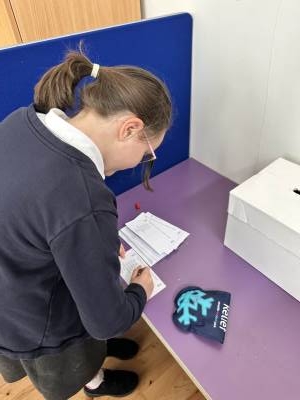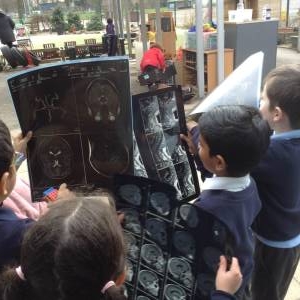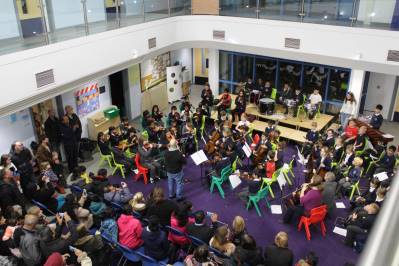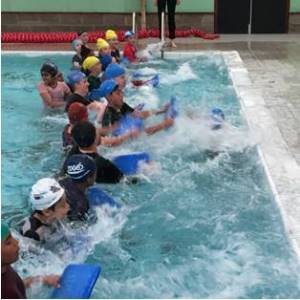Assessment
Assessment
In school Assessment
Children are continuously assessed by their teachers as part of the normal classroom teaching. We believe it is important to involve the children in determining what they have learnt and what they need to do to improve. We have very clear steps for success which the children are involved in developing, and so they understand the criteria that is needed to ensure they improve.
Twice a year we report on children’s attainment to parents, showing their progress across the curriculum including reading, writing and mathematics, and an overview of how each child is socially. We want to see how the whole child is improving, not just English and Mathematics. When we report, we also use the Leuven Scales of Wellbeing and Involvement for all children.
Twice a year in learning conferences the children have the opportunity to talk about their learning, what they are proud of, and what they need to do to further improve with their teachers and home adults. The teacher talks through the school progress report and is able to discuss what parents can do at home to help their child/ren develop. If parents have any further queries about how to support learning at home, an appointment can be made to see the class teacher at any point in the school year. We see this area as a partnership between parents, teachers and, most importantly, the children. These are done either online or in person, parents can choose at the time of booking.
Marking, assessment and feedback
National curriculum assessments
Primary school pupils in England take part in the:
- reception baseline assessment: within the first 6 weeks of entering reception
- early years foundation stage profile assessment: between April and June of the academic year in which they turn 5 (usually the reception year)
- phonics screening check: in June of year 1
- key stage 1 tests: optional, at the school’s discretion, at the end of year 2
- multiplication tables check: in June of year 4
- key stage 2 tests (sometimes referred to as SATs): in May of year 6
You will find more information about the individual assessments below.
Performance Data
Mobility at Lakenham is very high. Each year approximately 30-35% of pupils change, due to families moving in and out of the area for work. Some of our families come to Britain on short term contracts from all around the world to work at Aviva. Consequently with these change of numbers, it is very difficult to compare the results at Lakenham to other schools. The progress that children make while with us is strong.
EYFS
Reading 56%; Writing 50%; Maths 73%
Phonics
Year 1 63%; KS1 83.9%
Year 6
Reading - Expected 72% Greater Depth 34%
Writing - Expected 63% Greater Depth 13%
Maths - Expected 50% Greater Depth 10%
Combined - Expected 50% (with the 2 children who joined in Y6 with no English removed otherwise 44%) Greater Depth 10%
Of the children who were with the school from Reception to Year 6, 90% of those children met the expected standard.



















